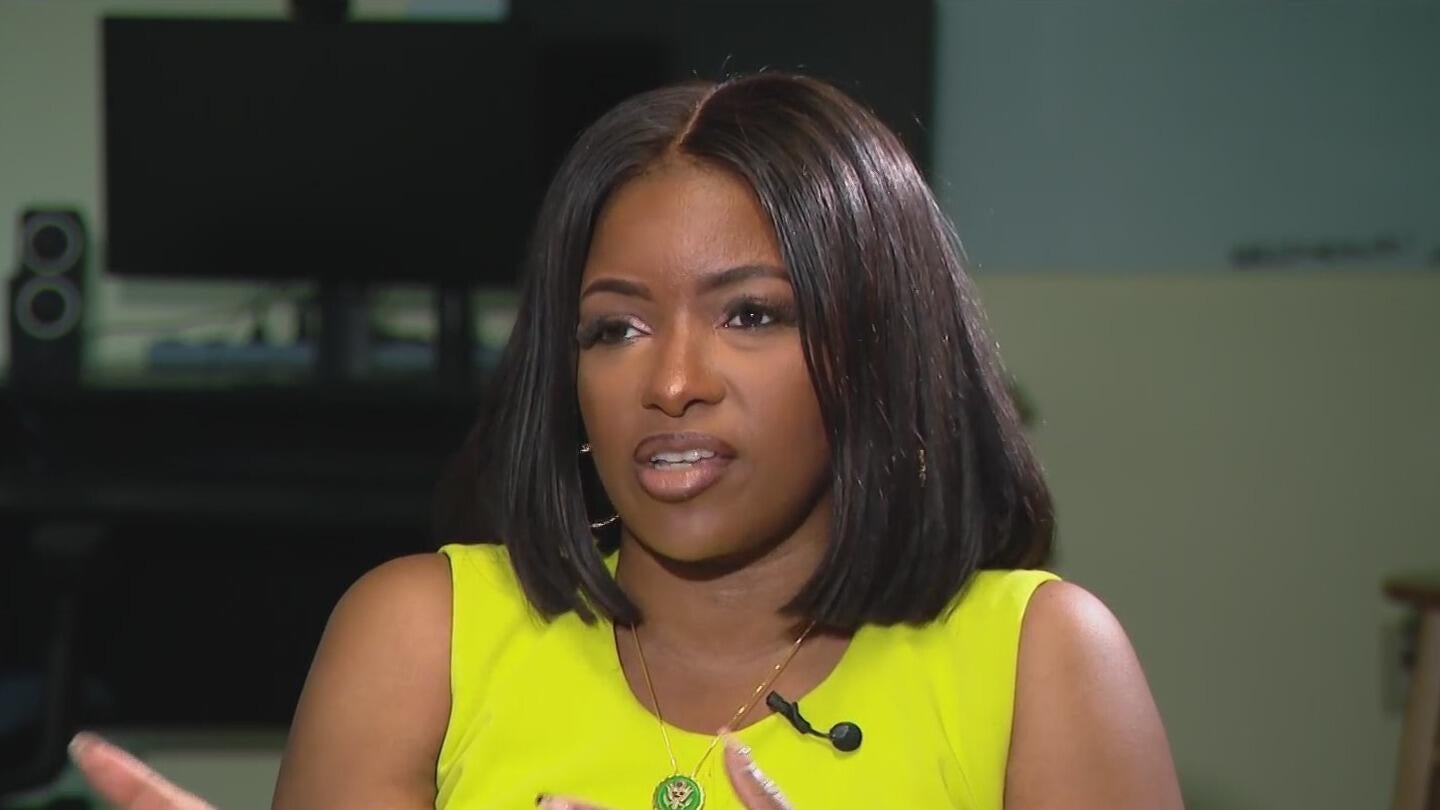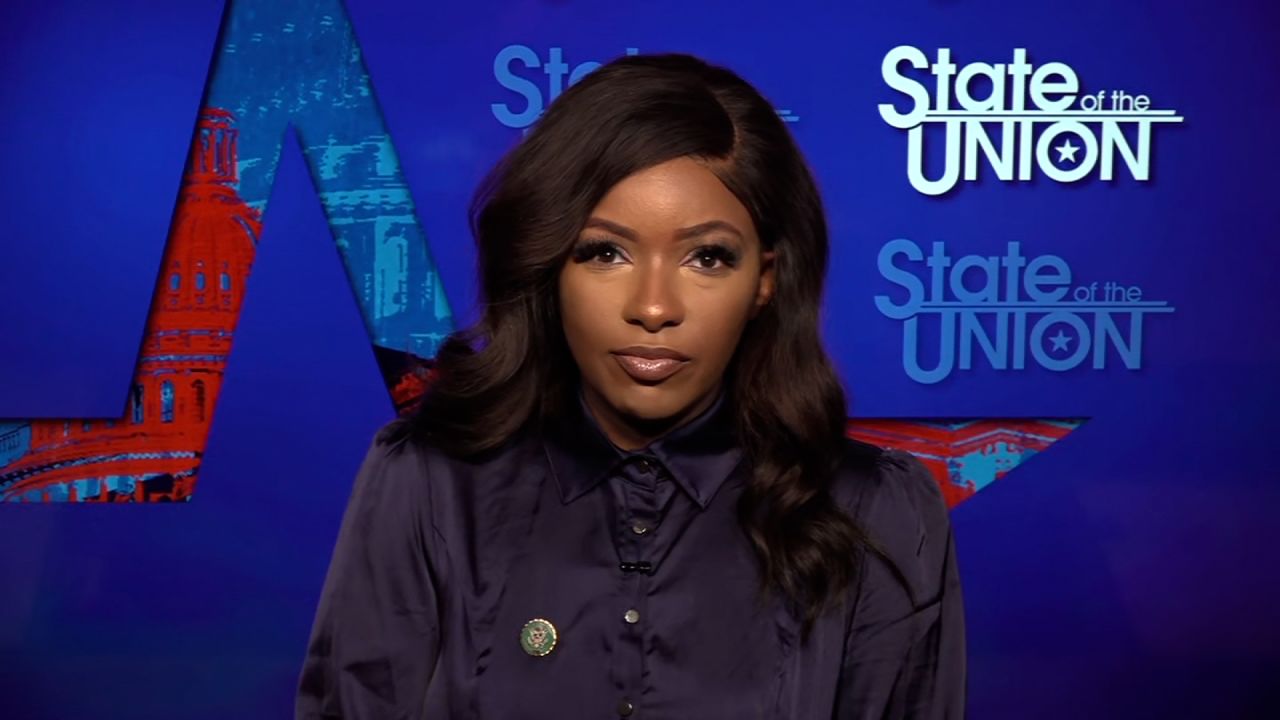In today’s America, political narratives move faster than facts, and outrage has become its own currency. The latest firestorm erupted after critics accused Republicans of weaponizing immigration while staying conspicuously silent on threats like white supremacist extremism, the January 6th Capitol riot, and the ongoing crisis of school shootings. The charge is simple yet damning: If Republicans truly care about protecting communities, why do they only speak up about certain dangers — the ones that fit neatly into their agenda — while ignoring others?


This question has sparked a fierce national debate, pulling in voices from both sides of the aisle and sending shockwaves across social media. At the heart of it lies a growing frustration: the selective outrage that dominates America’s political discourse.
The Immigration Narrative
For years, Republicans have positioned immigration as the single greatest threat to the nation’s safety and prosperity. From campaign ads to fiery speeches, GOP leaders warn of “open borders,” drug trafficking, and criminals slipping through weak security. Images of chaotic border crossings are replayed on conservative media daily, cementing the idea that immigrants are endangering the very fabric of American society.
But critics argue this focus is both exaggerated and deeply misleading. While it’s true that immigration presents challenges, the data shows most violent crimes in America are committed by U.S. citizens, not immigrants. Yet, Republican messaging rarely acknowledges this. Instead, it paints a one-dimensional picture that stokes fear and resentment.
The Silence on White Supremacy
What makes this selective focus so glaring, critics say, is the deafening silence on white supremacist violence. The FBI has repeatedly identified white supremacist extremism as the greatest domestic terrorism threat facing the United States. Attacks in Charleston, Charlottesville, Buffalo, and countless others have left deep scars on communities across the nation.

And yet, when these tragedies strike, Republican leaders often avoid calling them out directly. They offer “thoughts and prayers,” sometimes blame mental illness, but rarely confront the ideology head-on. By refusing to label these acts as domestic terrorism or denounce white supremacy explicitly, critics argue, Republicans send a chilling message: not all threats are worth acknowledging.
The Shadow of January 6th
The events of January 6, 2021, remain a raw wound for American democracy. A violent mob, fueled by false claims of election fraud, stormed the U.S. Capitol, leaving officers injured, property destroyed, and the world watching in shock. It was, by any measure, one of the most direct attacks on American democracy in modern history.
And yet, many Republicans have minimized or even rebranded the day. Some call the rioters “patriots.” Others insist it was no worse than a tourist visit gone wrong. Former President Donald Trump himself has promised pardons for those convicted of participating.
For critics, this refusal to confront January 6th for what it was — an insurrection fueled by political lies — underscores the hypocrisy. “If a group of immigrants stormed the Capitol, Republicans would demand military crackdowns,” one commentator noted. “But because it was their base, they look the other way.”
The Epidemic of School Shootings


Then there are the school shootings — a uniquely American tragedy that continues to devastate families and communities. From Sandy Hook to Uvalde, the loss of innocent children has become a grimly familiar headline. And yet, despite public outcry, Republicans remain staunchly resistant to meaningful gun reform.
Instead of tackling the root causes, critics say, they deflect. Blame video games. Blame mental health. Blame anything except the guns themselves. The result? An epidemic that shows no signs of slowing, leaving parents and students terrified while politicians repeat the same empty platitudes.
The Hypocrisy Argument
Put together, these patterns paint a troubling picture. On one hand, Republicans amplify the dangers of immigration to justify harsh policies and win votes. On the other, they minimize or ignore threats that come from within — especially when those threats are tied to their own base of support.
To critics, this is not just hypocrisy; it’s a betrayal of public trust. “You can’t claim to be the party of law and order,” one activist said, “if you only care about law and order when it suits you politically.”
The Republican Defense
Republicans, for their part, push back hard against these accusations. They argue that immigration is a clear, visible crisis with direct policy solutions, while problems like extremism and shootings are more complex. They also accuse Democrats of playing politics with tragedy, pointing out that left-wing activists sometimes downplay crimes committed by undocumented immigrants.
“Everyone has blind spots,” one GOP strategist argued. “Democrats ignore the real problems at the border because it doesn’t fit their narrative. Republicans focus on it because that’s where we see the greatest danger.”
But critics aren’t convinced. To them, the pattern of selective outrage is too obvious to ignore.
The Social Media Explosion


Online, the debate has turned toxic. Hashtags like #CallOutAllThreats and #RepublicanHypocrisy clash with conservative campaigns pushing #SecureOurBorders. Viral videos highlight the contrast between Republican speeches condemning immigration and their muted responses to white supremacist attacks. Memes mock lawmakers who rail against migrants while sidestepping questions about school shootings.
The digital battlefield mirrors the larger problem: Americans are shouting past each other, each side convinced of its own righteousness.
What This Means for America
The stakes go beyond political point-scoring. At its core, the debate is about trust. Do Americans trust their leaders to protect them from all threats, or only the threats that score political points?
If Republicans continue to prioritize immigration over white supremacy, January 6th, and gun violence, they risk losing credibility among moderates and independents. But if Democrats fail to address border concerns, they risk appearing out of touch with everyday anxieties.
The truth is that America faces multiple, overlapping threats — some external, some internal, some systemic. To confront them honestly will require leaders willing to break from party lines and acknowledge uncomfortable truths.
A Nation Waiting for Accountability
For now, the outrage continues. Critics hammer Republicans for their silence on white supremacists and gun violence. Republicans double down on their border rhetoric. And ordinary Americans watch in frustration, wondering when — or if — the people in power will ever put communities before politics.
Until then, the cycle of blame, silence, and hypocrisy rolls on. And with every school shooting, every extremist attack, and every new immigration headline, the cracks in America’s political foundation grow deeper.
The question hangs in the air like a storm cloud: When will leaders finally call out all threats to the nation — not just the ones that fit their agenda?




